Ukraine wants to become an arms exporter: 'Tested in practice'

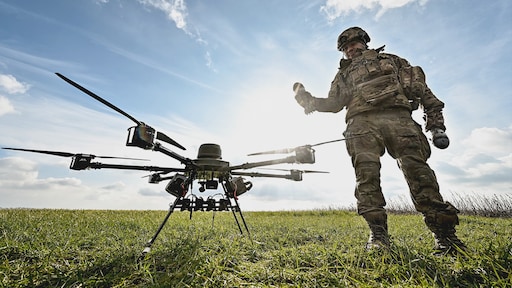
Ukraine wants to produce as many weapons as possible itself, thus reducing its dependence on foreign aid. Soon, the country may even decide to sell weapons to other countries. This money would allow the Ukrainian arms industry to further develop itself.
While Ukraine is defending itself against Russia and needs all possible weapons to do so, there's increasing talk of selling weapons to other countries. It sounds contradictory, but it could actually help Ukraine move forward.
Arms production has grown enormouslySince the beginning of the war, Ukraine has been producing more and more of its own weapons. In 2022, 10 percent of the weapons used at the front were produced domestically. Now, that figure is almost 40 percent . Ukraine is particularly adept at producing drones.
Ukrainian defense companies reportedly have the capacity to produce up to five million drones a year, but the Ukrainian government last year had "only" funding for two million unmanned aerial vehicles.
Drone manufacturers want to sell their weapons abroad to make more money, which they can then use to build better drones.
Drones are very interesting for other countries, says defense expert Patrick Bolder of the Hague Center for Strategic Studies. Ukraine is a pioneer and continues to develop unmanned aircraft. "Moreover, these weapons have been field-tested. They are effective against Russia, and that is simply the greatest threat to Europe," adds Ukraine reporter Chris Colijn.
Ban on exportBut there's a major problem: since the invasion began in 2022, the Ukrainian government hasn't issued any licenses for the export of weapons. This amounts to an export ban, Colijn explains.
The government wanted to prevent weapons from being sold to other countries, while they are desperately needed on the front lines in Ukraine. But now that production has increased so much, Zelensky's government is considering partially lifting that export ban.
Recently, a group of Ukrainian defense companies sent a joint letter to President Zelensky, asking him to allow export licenses again.
"It's time to show that Ukraine is capable of more than just receiving international support," the companies wrote. "Ukraine is a full-fledged partner, exporting security through cooperation, technology, and its own experience."
From aid to tradeSelling drones, among other things, offers Ukraine an opportunity to continue financing the fight against Russia. "They can make money from it," says Bolder. Ukrainian defense companies can then use that revenue for further weapons development and scaling up production.
Ultimately, Ukraine hopes to be able to purchase advanced weapons from Europe and the US itself," Colijn says. "If that succeeds, then arms shipments from the West will become a deal, not a favor or a gift."
Becoming independentUkraine is increasingly seeking to become independent of foreign arms shipments. The need for such independence was painfully clear this month, when the United States briefly decided to suspend arms shipments to Ukraine.
A few days later, Trump reversed that decision, but the signal had been sent: the flow of weapons can stop at any moment.
Ukraine depends on the United States, among other things, for the supply of crucial Patriot air defense systems. Ukraine needs Patriots to counter advanced Russian missiles.
European support has increased significantly, especially since Trump was re-elected. In June, Europe even surpassed the US for the first time in total military aid: €72 billion , compared to €65 billion from Washington.
"The Netherlands is also really helping Ukraine on a very significant scale," says Bolder. The Netherlands is investing a total of €1.4 billion in drone production for Ukraine. This also offers opportunities for Dutch companies. "And in return, the Netherlands receives some expertise. The Dutch armed forces can learn a lot from that," explains Colijn.
For the time being, Ukraine will have to rely on aid, Bolder suggests. But he concludes: "Ukraine is also working on becoming self-reliant. Where that hasn't yet happened, they are now relying primarily on their European partners."
RTL Nieuws


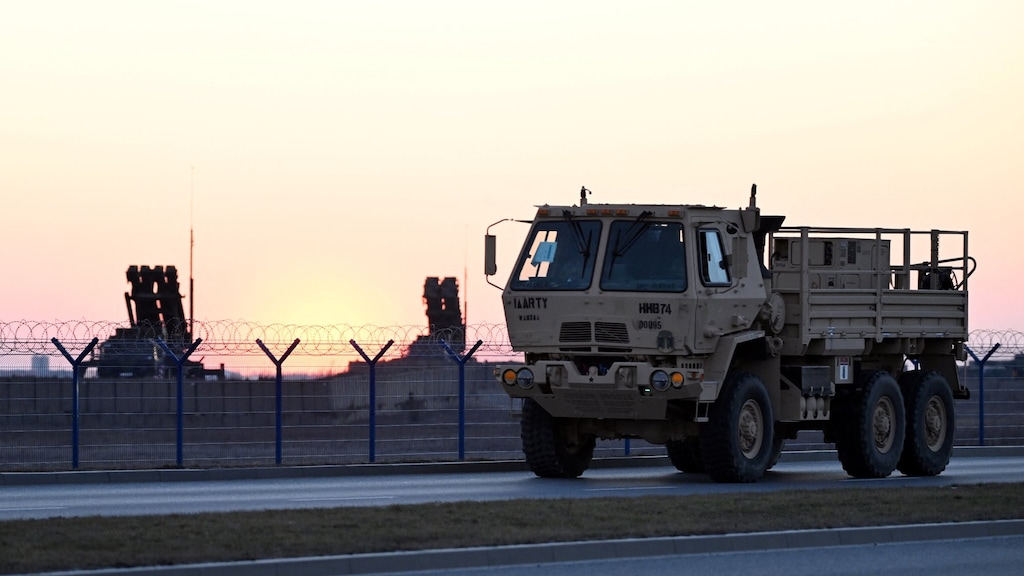

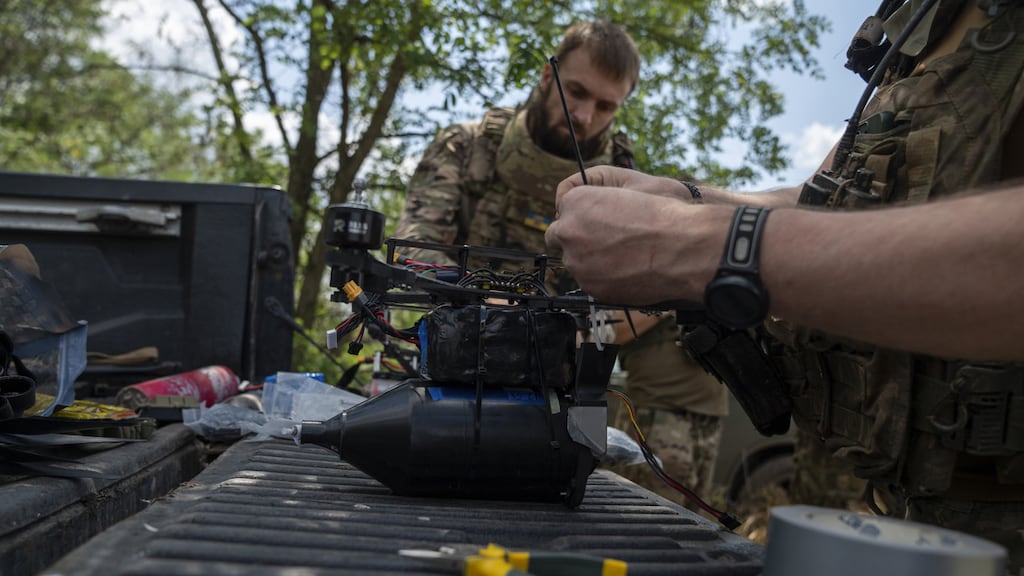
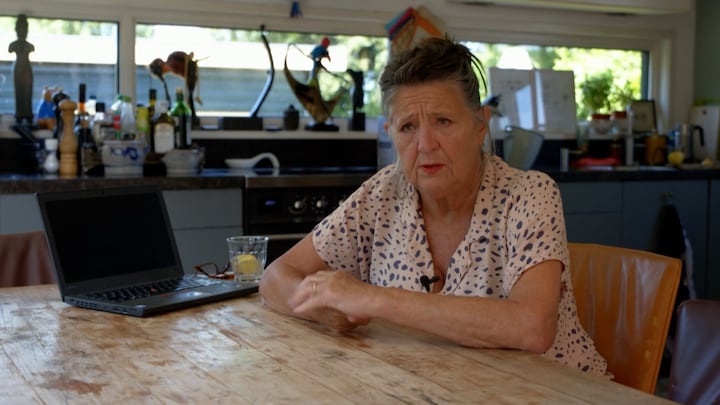
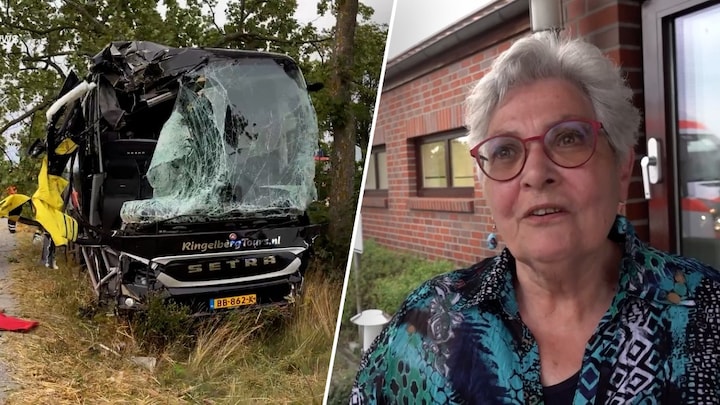
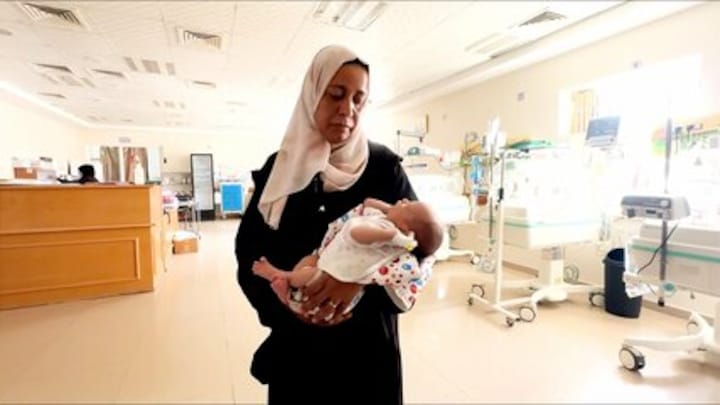
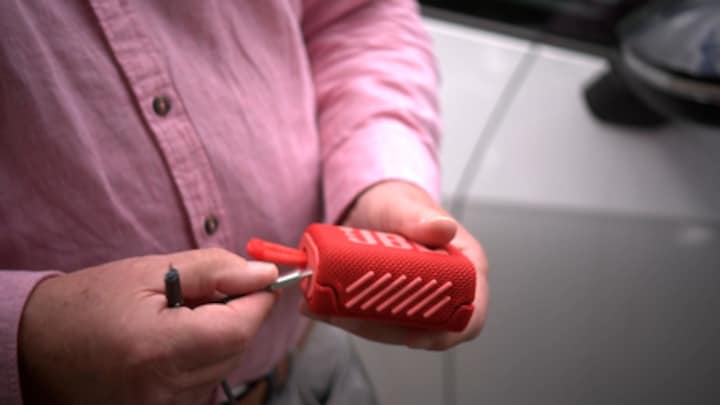

%3Aformat(jpeg)%3Abackground_color(fff)%2Fhttps%253A%252F%252Fwww.metronieuws.nl%252Fwp-content%252Fuploads%252F2025%252F07%252Fregen-Barcelona.jpg&w=1280&q=100)
%3Aformat(jpeg)%3Abackground_color(fff)%2Fhttps%253A%252F%252Fwww.metronieuws.nl%252Fwp-content%252Fuploads%252F2025%252F07%252Fvakantie-drukte-files-verkeersregels.jpg&w=1280&q=100)


